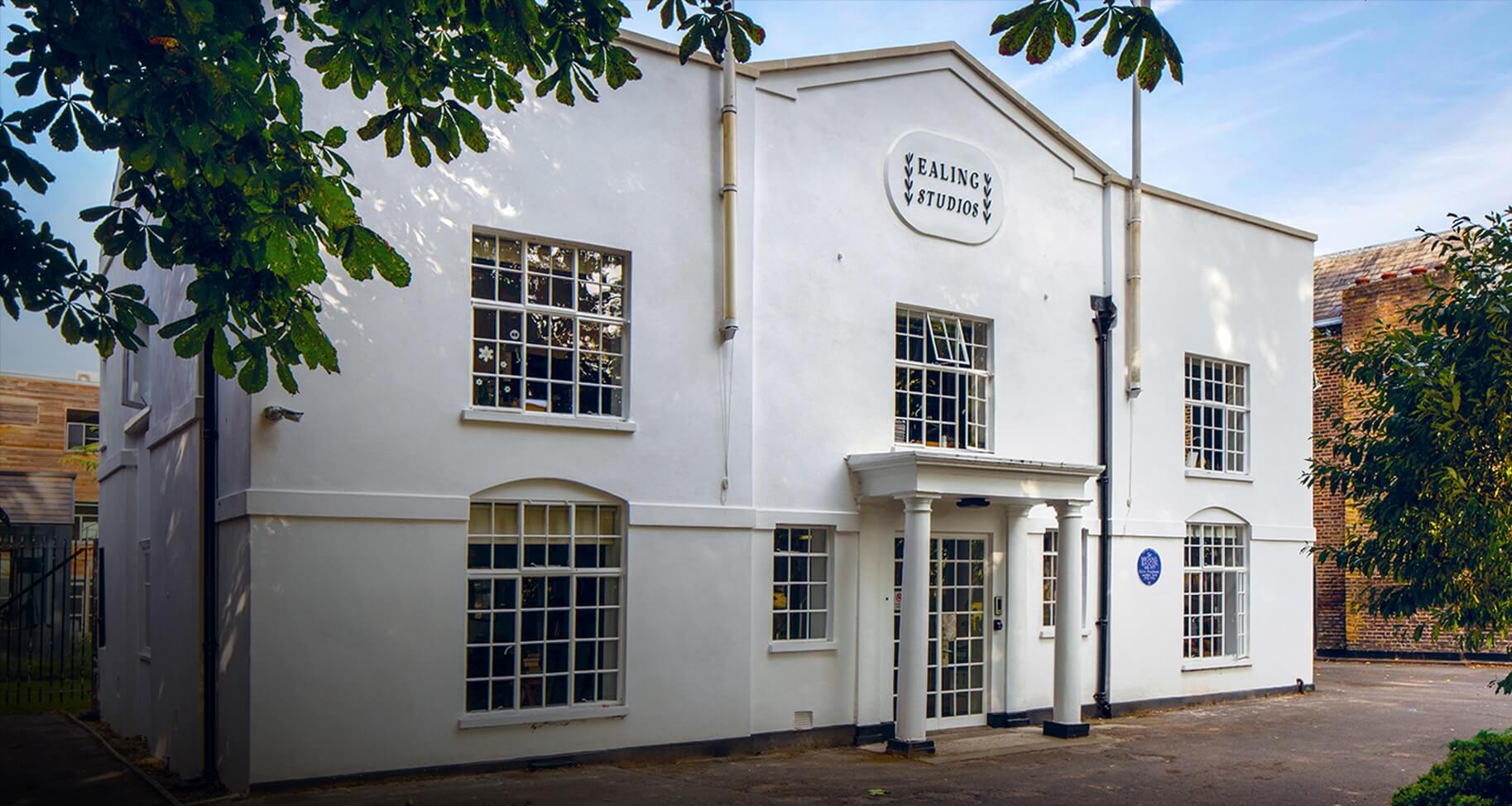
Ealing Studios holds a special place in film history. Established in 1902, it is the oldest continuously working studio facility for film production in the world. Known for its classic British comedies, Ealing Studios produced iconic films like "The Ladykillers" and "Kind Hearts and Coronets." These movies not only entertained audiences but also shaped British cinema. Located in West London, the studio has seen many changes over the years, yet it remains a hub of creativity. Today, it continues to produce films and TV shows, blending tradition with modern innovation. Ready to learn more? Here are 27 fascinating facts about Ealing Studios.
Key Takeaways:
- Ealing Studios, the oldest film studio, produced iconic British comedies like "Kind Hearts and Coronets" and "The Ladykillers" during its golden age in the 1940s and 1950s.
- Ealing Studios, known for its wit and charm, has influenced filmmakers like the Coen Brothers and Edgar Wright, leaving a lasting impact on British culture and the global film industry.
The Birth of Ealing Studios
Ealing Studios, located in West London, is the oldest continuously working film studio in the world. Its rich history and contributions to cinema are legendary.
- Ealing Studios was established in 1902 by Will Barker, a pioneer in British cinema.
- Originally named White Lodge Studios, it was renamed Ealing Studios in 1931.
- The studio's first major production was "The Battle of Waterloo" in 1913.
The Golden Age of Ealing Studios
The 1940s and 1950s marked the golden age of Ealing Studios, producing some of the most iconic British films.
- Ealing Studios is best known for its classic comedies, often referred to as "Ealing Comedies."
- "Kind Hearts and Coronets" (1949) is one of the most famous Ealing Comedies, starring Alec Guinness.
- "The Ladykillers" (1955) is another iconic film from this era, also featuring Alec Guinness.
- Ealing Studios produced "Passport to Pimlico" (1949), a comedy about a London neighborhood declaring independence.
- "The Lavender Hill Mob" (1951) won an Academy Award for Best Original Screenplay.
Ealing Studios and World War II
During World War II, Ealing Studios played a significant role in producing propaganda films and morale-boosting features.
- The studio produced "Went the Day Well?" (1942), a wartime thriller about a fictional Nazi invasion of England.
- "The Foreman Went to France" (1942) was another wartime film, based on a true story.
- Ealing Studios collaborated with the Ministry of Information to produce films that supported the war effort.
Post-War Era and Decline
After the war, Ealing Studios continued to produce notable films but faced challenges in the changing film industry.
- In 1955, Ealing Studios was sold to the BBC.
- The last film produced by Ealing Studios before the sale was "The Man in the Sky" (1957).
- The BBC used Ealing Studios primarily for television production after the acquisition.
Revival and Modern Era
Ealing Studios experienced a revival in the late 20th and early 21st centuries, adapting to new trends in film and television.
- In 2000, Ealing Studios was purchased by a consortium of independent producers.
- The studio was modernized and expanded to accommodate contemporary film and TV production.
- "The Importance of Being Earnest" (2002), starring Colin Firth, was one of the first major films produced after the revival.
- Ealing Studios co-produced "Shaun of the Dead" (2004), a popular British zombie comedy.
- The studio also worked on "The Theory of Everything" (2014), a biographical film about Stephen Hawking.
Ealing Studios' Cultural Impact
Ealing Studios has left an indelible mark on British culture and the global film industry.
- The term "Ealing Comedy" has become synonymous with a particular style of British humor.
- Ealing Studios has influenced generations of filmmakers, including the Coen Brothers and Edgar Wright.
- The studio's films are celebrated for their wit, charm, and social commentary.
- Ealing Studios has been the subject of numerous retrospectives and film festivals.
- The studio's legacy is preserved in the Ealing Studios Archive, housed at the British Film Institute.
Fun Facts About Ealing Studios
Here are some lesser-known but fascinating tidbits about Ealing Studios.
- Ealing Studios has a resident ghost, said to be the spirit of a former caretaker.
- The studio's logo, featuring a lamp, symbolizes enlightenment and creativity.
- Ealing Studios has been used as a filming location for various TV shows, including "Downton Abbey" and "Doctor Who."
Ealing Studios' Lasting Legacy
Ealing Studios has left an indelible mark on the film industry. Known for its classic comedies and innovative storytelling, it has shaped British cinema for decades. From "The Ladykillers" to "Kind Hearts and Coronets," these films continue to entertain and inspire new generations.
The studio's commitment to quality and creativity has made it a beloved institution. Its influence extends beyond the UK, impacting filmmakers worldwide. Ealing Studios has also adapted to modern times, producing contemporary hits like "The Theory of Everything."
Understanding its history gives us a deeper appreciation for the art of filmmaking. Ealing Studios isn't just a place; it's a symbol of cinematic excellence. Whether you're a film buff or a casual viewer, the legacy of Ealing Studios offers something for everyone. Its contributions to cinema will be remembered for years to come.
Frequently Asked Questions
Was this page helpful?
Our commitment to delivering trustworthy and engaging content is at the heart of what we do. Each fact on our site is contributed by real users like you, bringing a wealth of diverse insights and information. To ensure the highest standards of accuracy and reliability, our dedicated editors meticulously review each submission. This process guarantees that the facts we share are not only fascinating but also credible. Trust in our commitment to quality and authenticity as you explore and learn with us.
